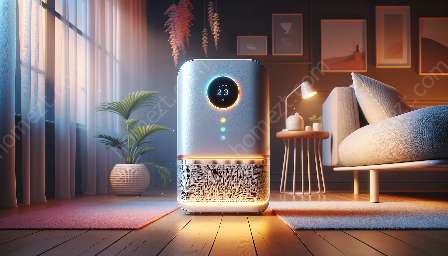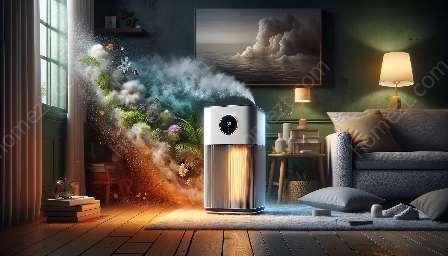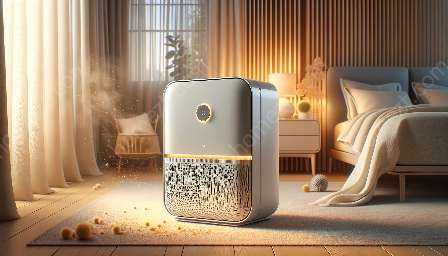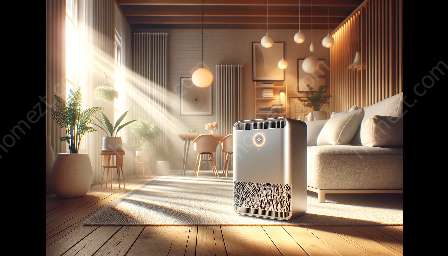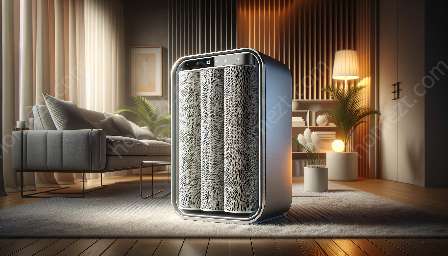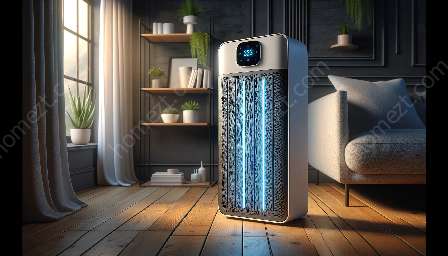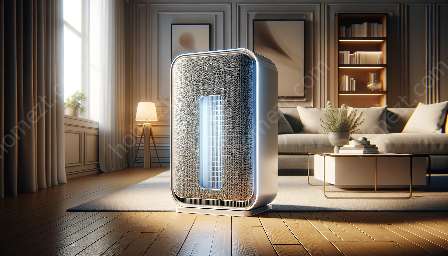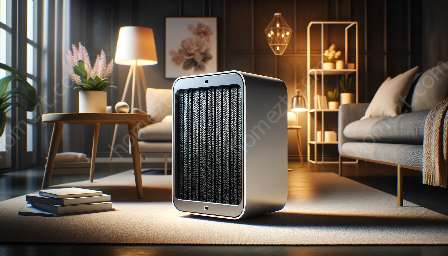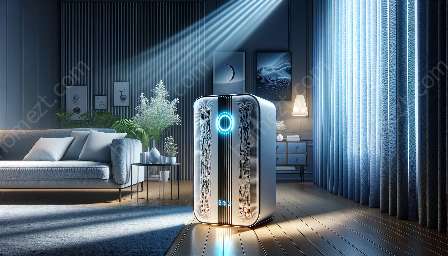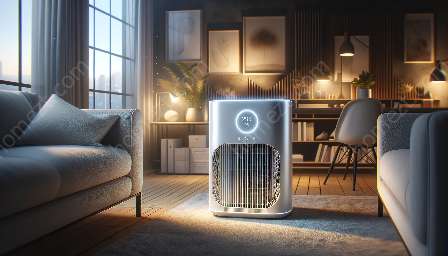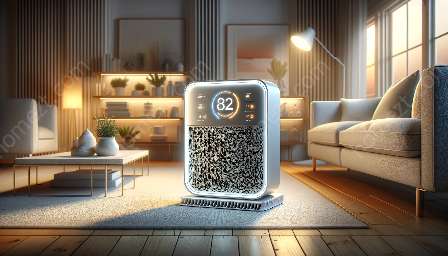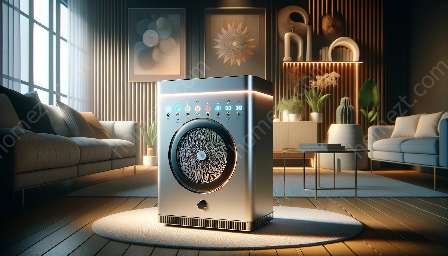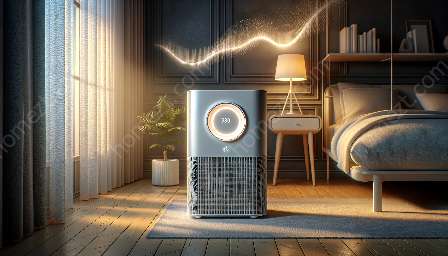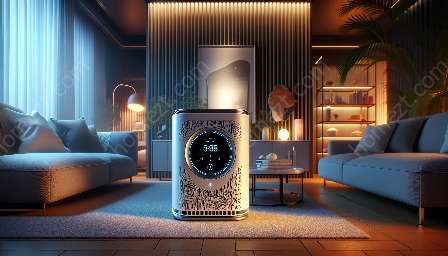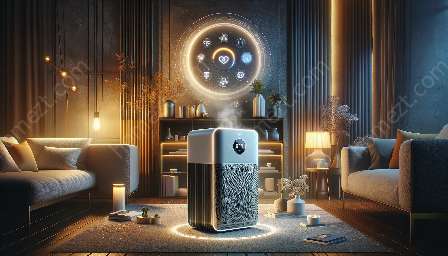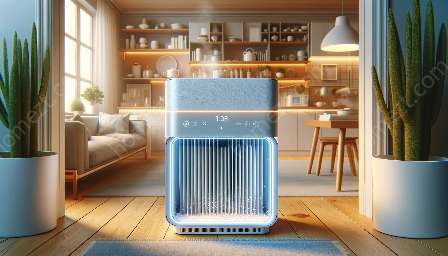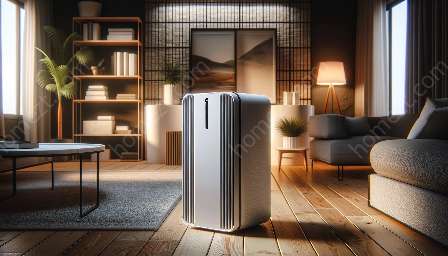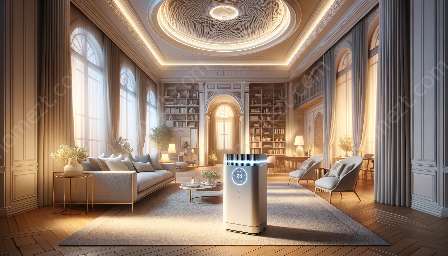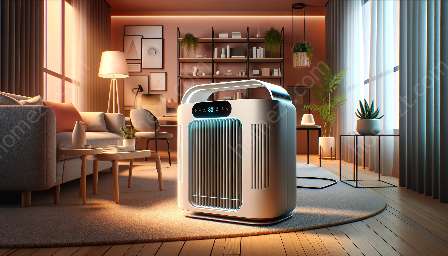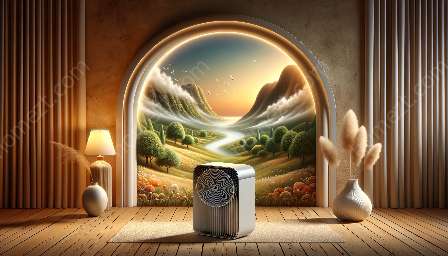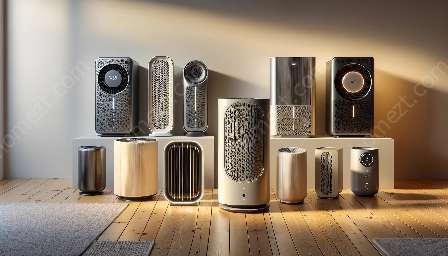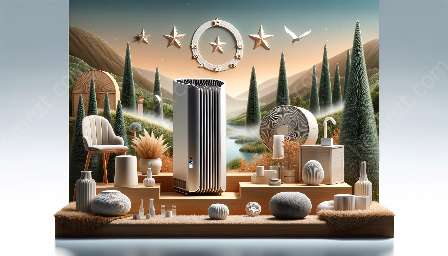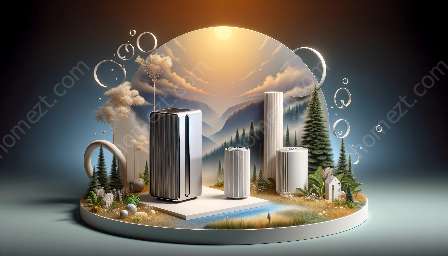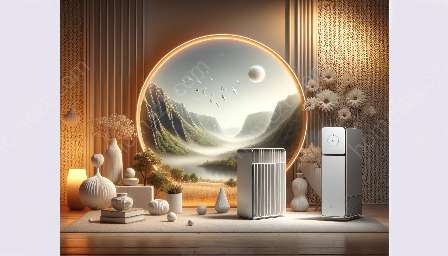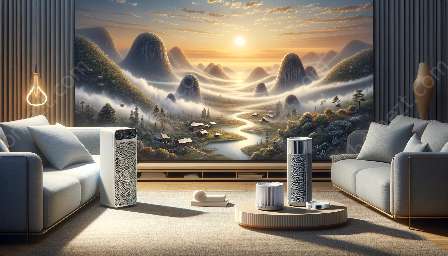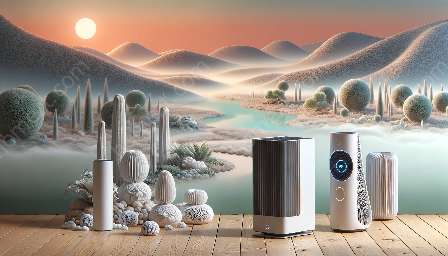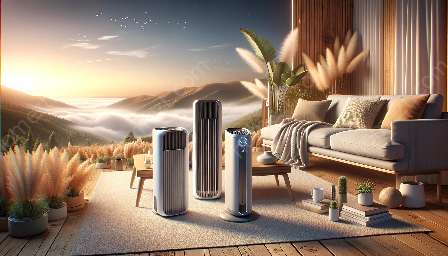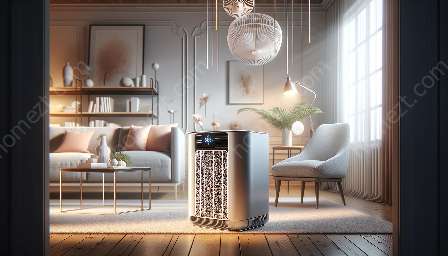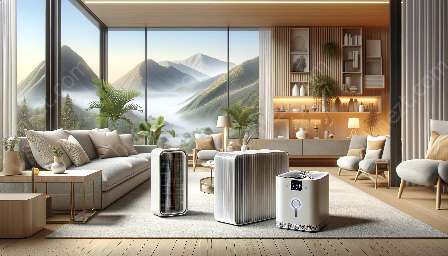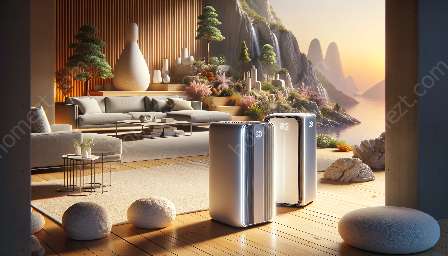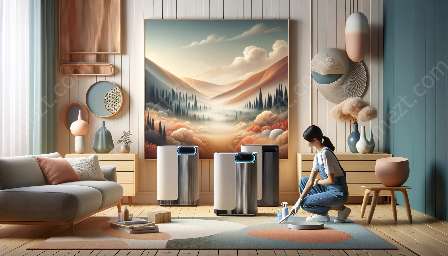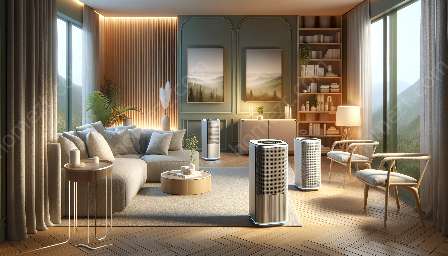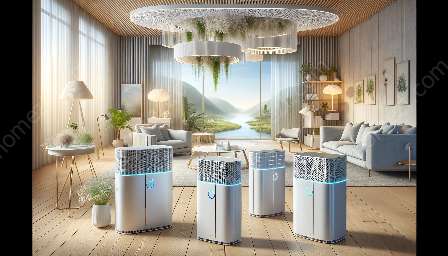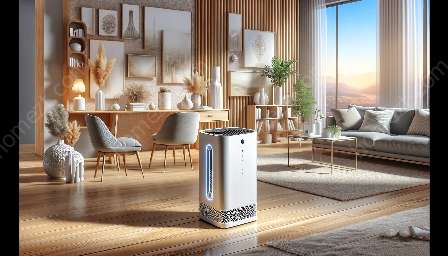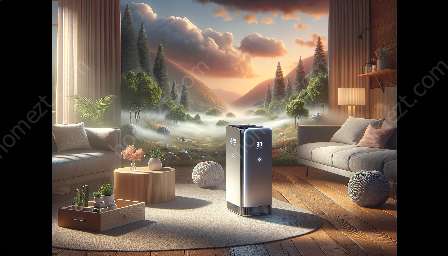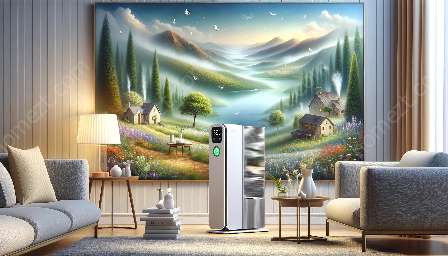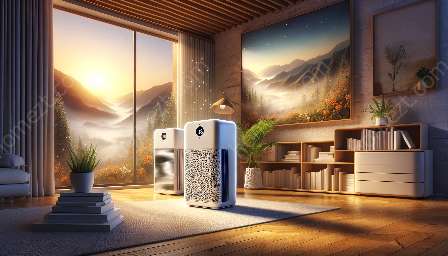If you are considering an air purifier for your home, you may feel overwhelmed by the options available on the market. Understanding the different types of air purifiers can help you make an informed decision and choose the best one for your specific needs. Each type of air purifier has its own set of advantages and disadvantages, and knowing the differences can help you decide which one is right for your home.
High-Efficiency Particulate Air (HEPA) Filters
HEPA filters are one of the most common types of air purifiers. They work by forcing air through a fine mesh that traps harmful particles such as dust, pollen, pet dander, and smoke. HEPA filters are highly effective at removing airborne contaminants, making them a popular choice for allergy sufferers and those with respiratory conditions.
Activated Carbon Filters
Activated carbon filters use a process known as adsorption to capture and remove odors, gases, and volatile organic compounds (VOCs) from the air. These filters are particularly effective at reducing household odors from cooking, pets, and smoke. If you are concerned about indoor air quality and want to eliminate unpleasant odors, an air purifier with an activated carbon filter may be a good option.
UV-C Light Air Purifiers
UV-C light air purifiers utilize ultraviolet light to kill bacteria, viruses, and other microorganisms in the air. These purifiers are especially useful for combating airborne germs and can be beneficial for households with individuals who are vulnerable to illness, such as young children, the elderly, or those with compromised immune systems.
Ionizing Air Purifiers
Ionizing air purifiers release negatively charged ions into the air, which bond with positively charged particles like dust, mold, and pollen, causing them to fall out of the air and onto nearby surfaces. While ionizing purifiers can be effective at removing particles from the air, they have generated some controversy due to potential ozone production. If you are considering an ionizing air purifier, it is important to weigh the pros and cons carefully.
Ozone Generators
Ozone generators work by emitting ozone, which is a highly reactive gas, into the air. Ozone can effectively eliminate odors and kill mold and bacteria. However, the use of ozone generators is controversial, as high levels of ozone can be harmful to the respiratory system and may cause other health issues. It is essential to use ozone generators cautiously and in accordance with manufacturer's guidelines.
Electrostatic Air Purifiers
Electrostatic air purifiers use an electric charge to trap particles as air passes through the purifier. These purifiers are effective at capturing small particles and can be helpful for individuals with allergies or asthma. Some electrostatic purifiers also incorporate a collection plate that can be cleaned and reused, reducing the need for frequent filter replacements.
When choosing an air purifier for your home, it is essential to consider your specific air quality needs, as well as any health concerns or sensitivities in your household. Keep in mind that many air purifiers utilize a combination of filtration methods to provide comprehensive air cleaning. By understanding the different types of air purifiers and their respective benefits, you can select the right air purifier to improve the air quality in your home and enhance your living environment.

